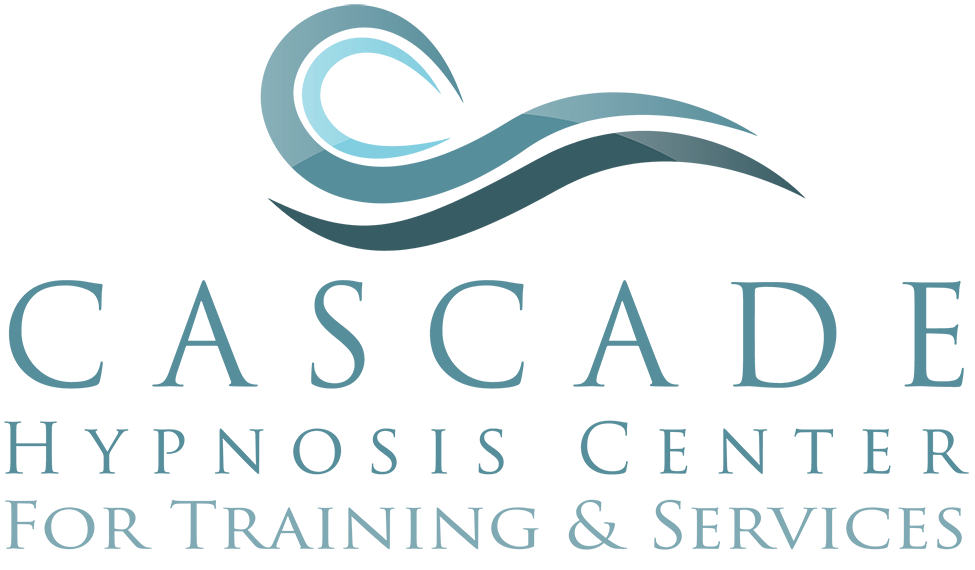What's the Difference Between an Hypnotist and a Hypnotherapist?
I’m often asked “What is the difference between a hypnotist and a hypnotherapist”?
The short answer is "it depends". At one time these may have meant different things but today they are basically interchangeable. However, differing laws in each US state govern the titles that can or cannot legally be used by hypnotism professionals.
Because of these laws, and the fact they tend to become stricter over time, the National Guild of Hypnotists (NGH, which is the oldest and largest organization of hypnotism professionals) is working to avoid confusion and legal issues by encouraging its members to use only the title of "hypnotist".
According to the NGH’s State Law and Legal Issues:
“It is the explicit policy of the National Guild of Hypnotists to consider the traditional title of ‘hypnotist’ to be an old, proud and distinguished title, and it is the title voluntarily used by many Guild officers. Many members do the same even if there is no legal reason to do so. It avoids legal entanglements with overly zealous governmental agencies and the Recommended Terminology of the National Guild of Hypnotists allows us to do everything we need to do under the ‘nontherapeutic’ banner.”
In the State of Washington where I practice we are called Hypnotherapists because in order to practice in the state one must obtain a “Hypnotherapist Registration”. But in other states the word “therapist” is a protected word. For example, in the State of Texas hypnotists cannot call themselves hypnotherapists without special therapy licensing. So in Texas many professionals practicing hypnotism are called Hypnotists. A similar situation exists in New York.
To remove possible confusion, and to help the profession avoid using legally protected words, the National Guild of Hypnotists recommends these titles:
- Consulting Hypnotist
- Board Certified Hypnotist.
If you are interested, the NGH’s recommended titles of practice discusses their thinking on this issue and also lists the recommended titles, all of which include hypnotist instead of hypnotherapist.
I Use the Title of ”Board Certified Hypnotist”
I use the NGH’s recommended title of “Board Certified Hypnotist” because I am Board Certified. Only 2% of NGH members are board certified, so it is a title that I am proud to use. When people ask me if I’m a hypnotherapist or hypnotist, I explain to them that I am both, but I use a recommended title from the NGH to avoid confusion.
Does it Matter if I See a “Hypnotist” or a “Hypnotherapist”
Instead of using a title to choose your hypnotist I recommend researching their training and professional practice. Unfortunately there are many “quick and easy” hypnosis training programs that are not of good quality. Check to see if your hypnotist is a member of a reputable professional organization like the National Guild of Hypnotists, and how often they practice. A full-time hypnotist will be seeing clients daily nearly all day, indicating dedication, experience and a good reputation. But even if a hypnotist is practicing part time that can be fine – I started out part time and later transitioned to full time. Take a close look at their website to get an idea of their practice – where their office is located, and the overall message and mission of their practice.
The mission of Cascade Hypnosis Center is to provide local, professional and compassionate service to all clients by effectively and efficiently using the best techniques of hypnosis.
I hope this article has cleared up any confusion about titles. Over time I expect that more professional hypnotists will use titles recommended by the National Guild of Hypnotists, so that there will be less confusion.

